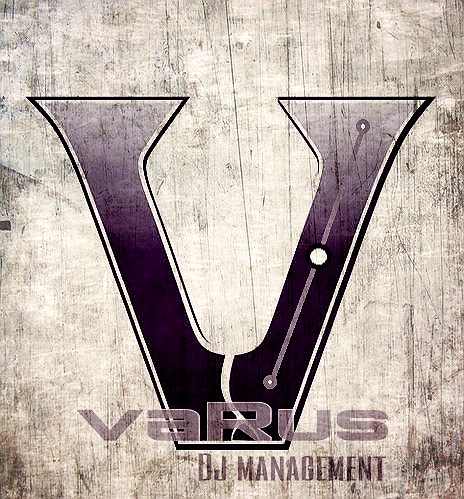The chances are there will be set area for the DJ to use, often with decks and a mixer permanently installed. One thing worth noting is that a club might have a louder sound system and/or a larger area for sound to resonate and echo, making beat mixing harder if the mixer doesn't allow monitoring of one channel in each ear. To DJ in in a bar/club you will almost definitely need to be able to mix. Depending on the style of music, you are likely to be expected to be able to beat mix and/or scratch. You'll also want to use closed cup headphones so you can hear the track you are queueing without it being drowned out by the main sound system's speakers.
Most clubs and larger bars will have some sort of music policy, set by the management. This means that provided they've picked the right DJ, you will get to play all the tunes you like, possibly with the occasional requested song to please the audience (i.e. if it's someone's birthday or hen/stag night). The main thing to remember is that the audience are likely to be in the venue for the advertised (or expected) style of music. More to the point, if you play a excellent hard trance set, if the audience are into RnB it's not going to go down that well and the chances are you won't be invited back to DJ again. Also, in bigger clubs and bars the manager or owner might want a certain type of clientele. Even if people are enjoying your music, if the boss isn't happy it's very likely that you're going to be out of a job.
Clubs tend to be dominated by experienced DJs. The resident DJ (who plays each week) in a club is nearly always someone who's DJed at many similar events for years. They are consistent performers, but sometimes the styles of music that they play may become repeitive if you visit the venue on a regular basis. Guest DJs are normally the biggest crowd pullers as their names are often well-known and very well promoted (through magazines, fly posters, radio stations, large events in Ibiza/Aiya Napa/London/NY etc.)
While a guest DJ has a reputation to uphold, very occasionally they might not perform as well as you might expect - it has been known for famous DJs to be too worn out because of all the other gigs they've played, or because they've over done the drinks/drugs.
It is often off-putting, when as a beginner you try and fail to imitate a famous DJ's mixes. One point worth remembering though, is that Mix CDs and some radio shows are often edited on computers before being mastered on to CD or played on the radio. This means any mistakes made by the famous "perfect" DJ can be removed and fixed, so don't be too put off if you can't copy the mixing of a "Big Name" DJ. The important thing is not to expect to walk right in to a club and DJ at a peak time. The chances are you will have to build up a reputation in smaller bars first, or do the warm-up session in a club (8 -10/11pm) for free or possibly a small amount of cash.

No comments:
Post a Comment